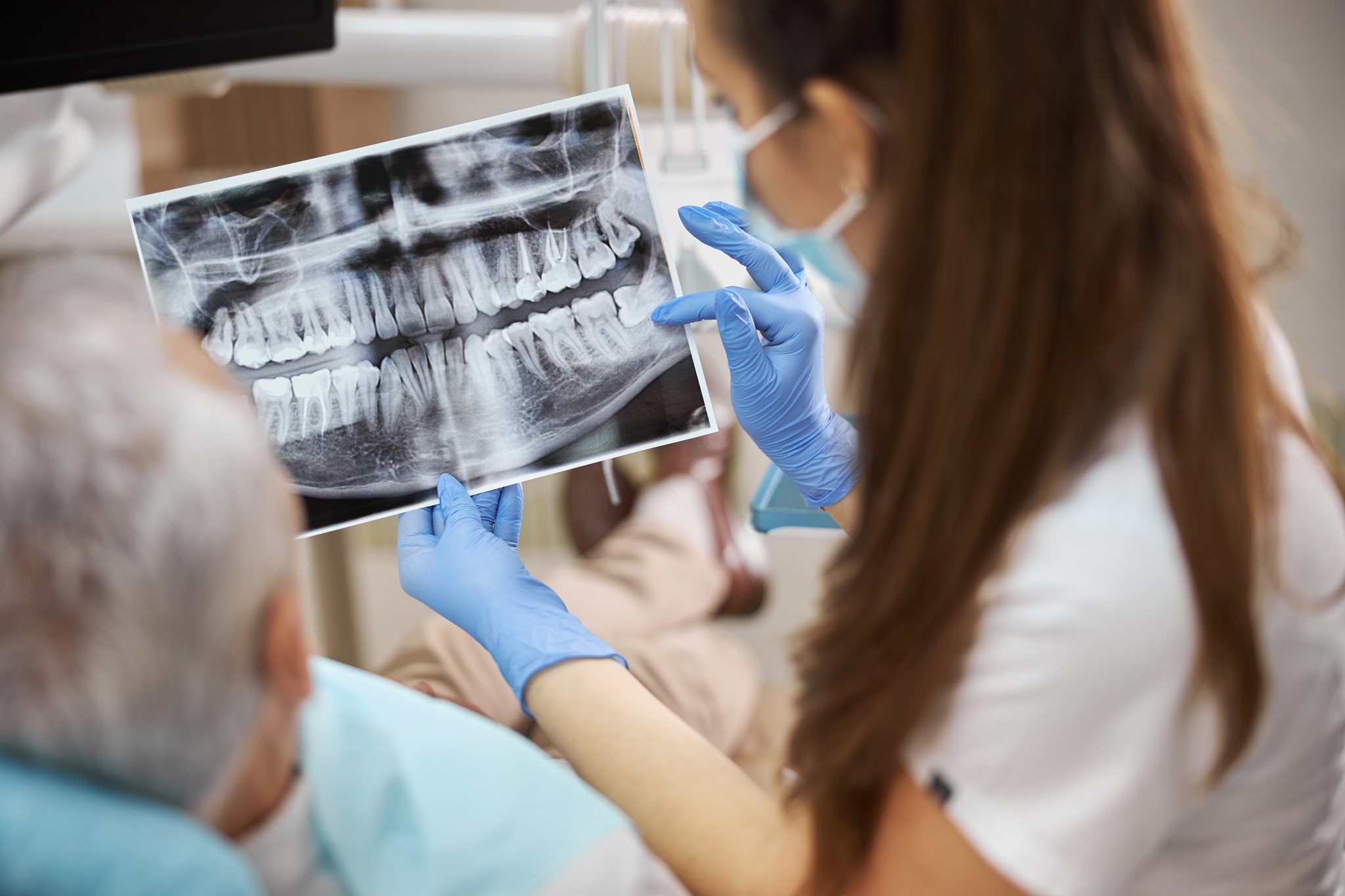
Dental Care for Seniors and Elderly Patients
Maintaining good oral health becomes increasingly important as we age. Seniors and elderly patients face unique dental challenges that require special attention and care. Let's delve into some essential tips for ensuring optimal oral health during the golden years.
Regular Dental Check-ups:
Seniors should continue to visit their dentist regularly for check-ups and cleanings. These appointments help catch and address issues like cavities, gum disease, and oral cancer in their early stages.
Address Dry Mouth:
Dry mouth, a common issue among seniors, can increase the risk of cavities and gum disease. Stay hydrated, chew sugar-free gum, and talk to your dentist about products that can alleviate dry mouth symptoms.
Proper Denture Care:
For those with dentures, proper care is crucial. Remove and clean dentures daily, and follow your dentist's guidelines for maintenance. Regular check-ups ensure that dentures fit properly and are in good condition.
Medication Review:
Certain medications can affect oral health or cause dry mouth. Discuss your medications with your dentist to understand potential side effects and how to mitigate them.
Gentle Brushing and Flossing:
Gentle brushing and daily flossing are important, even if you have partial dentures or dental implants. Be mindful of any changes in technique if you have arthritis or other mobility issues.
Nutrition Matters:
A balanced diet rich in vitamins and minerals supports oral health. Include foods high in calcium, vitamin D, and protein to maintain strong teeth and bones.
Oral Cancer Screening:
Regular oral cancer screenings are crucial, especially for seniors. Your dentist can detect any abnormalities early and recommend further testing if necessary.
Maintain Gum Health:
Gum health is vital for overall oral well-being. Brush your gums gently and regularly, and consider using a soft-bristled toothbrush.
Smoking Cessation:
If you smoke, quitting is essential for both your overall health and your oral health. Smoking increases the risk of gum disease, oral cancer, and other dental issues.
Stay Informed:
Stay informed about the latest advancements in dental care for seniors. New technologies and treatments can improve your oral health and quality of life.
Mobility and Access Considerations:
For seniors with mobility challenges, discuss with your dentist how to adapt your oral care routine. This might include using assistive devices or making adjustments to your oral care practices.
By following these tips and staying proactive about your oral health, seniors and elderly patients can enjoy strong teeth, healthy gums, and a radiant smile throughout their golden years.
Regular Dental Check-ups:
Seniors should continue to visit their dentist regularly for check-ups and cleanings. These appointments help catch and address issues like cavities, gum disease, and oral cancer in their early stages.
Address Dry Mouth:
Dry mouth, a common issue among seniors, can increase the risk of cavities and gum disease. Stay hydrated, chew sugar-free gum, and talk to your dentist about products that can alleviate dry mouth symptoms.
Proper Denture Care:
For those with dentures, proper care is crucial. Remove and clean dentures daily, and follow your dentist's guidelines for maintenance. Regular check-ups ensure that dentures fit properly and are in good condition.
Medication Review:
Certain medications can affect oral health or cause dry mouth. Discuss your medications with your dentist to understand potential side effects and how to mitigate them.
Gentle Brushing and Flossing:
Gentle brushing and daily flossing are important, even if you have partial dentures or dental implants. Be mindful of any changes in technique if you have arthritis or other mobility issues.
Nutrition Matters:
A balanced diet rich in vitamins and minerals supports oral health. Include foods high in calcium, vitamin D, and protein to maintain strong teeth and bones.
Oral Cancer Screening:
Regular oral cancer screenings are crucial, especially for seniors. Your dentist can detect any abnormalities early and recommend further testing if necessary.
Maintain Gum Health:
Gum health is vital for overall oral well-being. Brush your gums gently and regularly, and consider using a soft-bristled toothbrush.
Smoking Cessation:
If you smoke, quitting is essential for both your overall health and your oral health. Smoking increases the risk of gum disease, oral cancer, and other dental issues.
Stay Informed:
Stay informed about the latest advancements in dental care for seniors. New technologies and treatments can improve your oral health and quality of life.
Mobility and Access Considerations:
For seniors with mobility challenges, discuss with your dentist how to adapt your oral care routine. This might include using assistive devices or making adjustments to your oral care practices.
By following these tips and staying proactive about your oral health, seniors and elderly patients can enjoy strong teeth, healthy gums, and a radiant smile throughout their golden years.